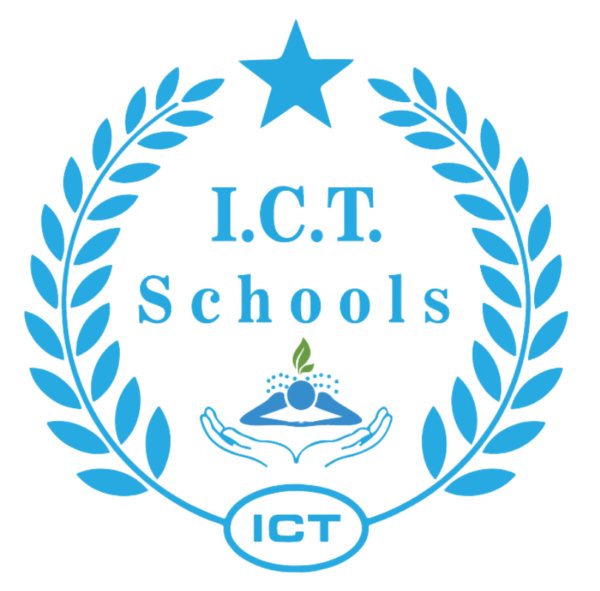43 Years of Educational Excellence

ICT Schools is a division of Kikkawa Shiatsu School Inc. that owns and operates private career colleges in Toronto and Halifax. We provide massage therapy course instruction to students at other schools in Canada and the United States. Our founders, Shirley D. Desborough and the late Mitsuki Kikkawa, established Kikkawa College in Toronto, Ontario, in 1977, which was incorporated in 1980. In 1997, we opened Northumberland College in Halifax, Nova Scotia.
Mitsuki Kikkawa was a Japanese-Canadian shiatsu therapist and co-founder of Kikkawa College, a private career college in Toronto, Canada. Kikkawa was born in Japan and trained in shiatsu before immigrating to Canada in the 1970s. Along with Shirley Desborough, Kikkawa founded Kikkawa College in 1977 with the aim of providing high-quality education in shiatsu therapy and other complementary therapies. The college expanded to include additional campuses in Halifax and Ottawa, and Kikkawa’s approach to shiatsu therapy became recognized as a distinct style with a focus on treating the whole person, rather than just their symptoms. Kikkawa passed away in 2015, but her legacy continues through the ongoing work of Kikkawa College and its graduates, who have gone on to become leaders in the field of complementary healthcare.
Our 43 Year History of Distinguished Contributions to Complementary Therapy Education.
In the past quarter-century, complementary health care has experienced tremendous growth and increasing acceptance from the public and conventional medicine. Our innovations have been instrumental in this growth.
We wish to acknowledge the land on which ICT Kikkawa College operates. The land we are meeting on is the traditional territory of many nations including the Mississaugas of the Credit, the Anishnabeg, the Chippewa, the Haudenosaunee and the Wendat peoples and is now home to many diverse First Nations, Inuit and Métis peoples. We also acknowledge that Toronto is covered by Treaty 13 with the Mississaugas of the Credit.
We wish to acknowledge the land on which ICT Northumberland College operates. The Halifax Regional Municipality is located in Mi’kma’ki, the ancestral and traditional lands of the Mi’kmaq people. The municipality acknowledges the Peace & Friendship Treaties signed in this Territory and recognizes that we are all Treaty People.
Massage therapists assess soft tissues and joints of the body for treatment and prevention of dysfunction, injury, pain and physical disorders. Massage therapists work in private practice, including group or team practices, hospitals, clinics, extended care facilities, rehabilitation centres and educational institutions.
ICT Schools is dedicated to graduating excellent therapists and practitioners. Graduates are able to determine the primary cause of the client’s complaint efficiently and accurately and to treat the condition effectively. Therapists and practitioners trained at ICT Schools exemplify excellence in professional behaviors and standards, practice management and community service. They are committed to life-long learning and professional development.
We believe that complementary therapy is an essential component of contemporary health care, and that quality health care education encourages students to think critically about health care problems.
We also believe that quality health care education is provided within a framework of a partnership that brings together educators, therapists and students. Finally, we believe that high professional standards of complementary therapy must be upheld in educating students who will become our colleagues.
In the past quarter century complementary health care has experienced tremendous growth and increasing acceptance from the public and conventional medicine. Our innovations have been instrumental in this growth. Among our achievements:
Our Program is designed to graduate effective therapists fully prepared to enter the professional health care community. Toward this end, successful students in our Program will: